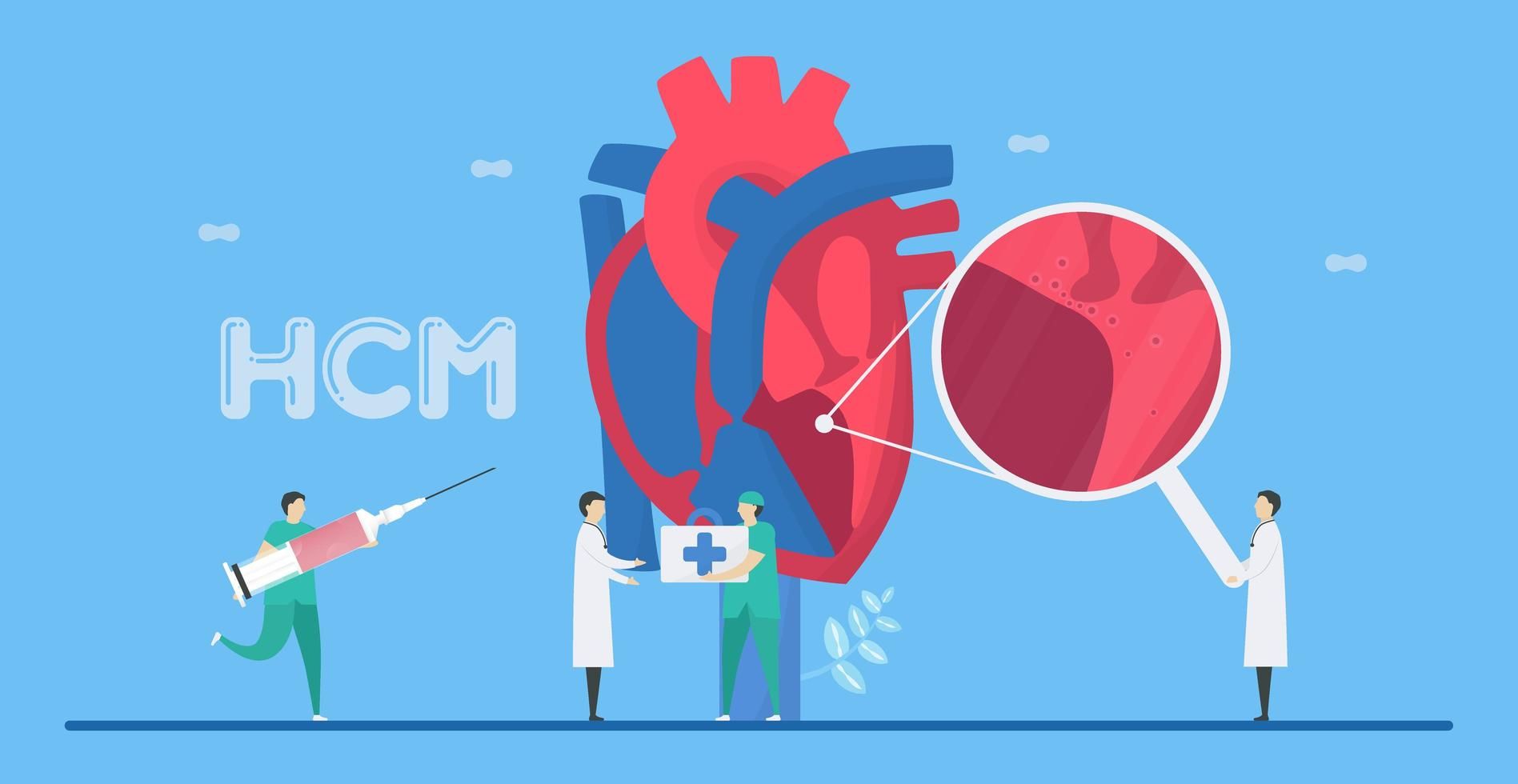Wondering if leg pain after bypass surgery is common? Let's unveil the mystery.
Is it normal to experience leg pain after bypass surgery?
Experiencing some degree of leg pain after bypass surgery is normal. Leg pain months after heart surgery is normal as a vein or artery graft is taken from your leg. This is used in the bypass procedure. The surgery involves cutting into the leg tissue. This causes discomfort, pain, or leg swelling after bypass surgery.
Don't underestimate your well-being – secure your appointment now.
Let’s dive deeper into its causes and solutions!
What causes leg pain after coronary artery bypass surgery?

Leg pain after open heart surgery is because of using a vein from your leg in the surgery. You may experience some strange sensations like numbness or tingling around the surgical area. Leg pain after heart bypass surgery occurs because of surgical incisions, nerve disturbance, and inflammation. Altered blood flow due to the procedure is also a reason. Leg pain after heart bypass is temporary and is manageable.
Want to know how long leg pain typically lasts after bypass surgery? Keep reading to find out.
How long does post-bypass surgery leg pain typically last?
Typically, leg cramps after heart surgery start to improve after about a week of surgery. Your doctor will provide you with medication to help with the pain. leg swelling after bypass surgery is a part of the healing process and can last for 2 to 3 months.
Learn effective techniques to relieve and prevent leg pain. Your comfort matters!
What can be done to relieve leg pain after bypass surgery?
The buildup of fluid due to less movement may cause leg pain after bypass surgery. Hence, the following things can help in relieving leg pain after heart bypass surgery:
Stand up and walk around for a few minutes every hour.
When sitting or lying down, elevate your feet above your heart level. You can use footrests or pillows under your lower legs for this.
Your doctor may recommend wearing special stockings during the day (TED stockings). These help with swelling. You can take them off at night.
If you notice your calf or leg swelling or pain getting worse, contact your doctor promptly.
If you experience shortness of breath or chest pain, call 911 or follow your doctor's instructions.
Seize control of your health journey. Connect with us today to explore effective solutions for post-bypass leg pain.
Worried about graft failure? Find out if leg pain is a telltale sign.
Is it a sign of graft failure if I have leg pain after bypass surgery?
Leg pain after bypass surgery does not necessarily indicate graft failure. It is common to experience some degree of leg pain or discomfort after the surgery. You will experience this if a leg vein or artery is used as a graft.
Graft failure is usually associated with symptoms such as chest pain (angina) or other signs of reduced blood flow to the heart.
Discover how exercise can be your ultimate weapon against post-surgery leg pain.
Can exercise help alleviate leg pain after bypass surgery?

Exercise can be beneficial in alleviating leg pain after bypass surgery. It also promotes overall recovery. Here's how exercise can help:
- Try gentle exercise, as recommended by your doctor. It can help improve blood circulation in your legs. This enhanced blood flow can aid in reducing swelling and discomfort.
- Strengthening Muscles: Leg exercises can strengthen the muscles in your legs. This provides more support and reduces leg pain after bypass surgery.
- Reduced Stiffness: Moving your legs through gentle exercises can help prevent stiffness. This helps maintain flexibility and alleviate pain.
- Enhanced Healing: Exercise can stimulate the body's natural healing processes and promote a faster recovery.
However, it's essential to follow your healthcare provider's guidance regarding the type and intensity of exercises that are safe for you after bypass surgery.
Initiate your journey to recovery. Reach out to us for personalized treatment options.
Uncover the warning signs of serious problems related to leg pain. Your health depends on it!
Are there any warning signs of a serious problem related to leg pain after bypass surgery?
After undergoing bypass surgery, it's essential to be vigilant for warning signs related to leg pain. Don't underestimate discomfort in your legs. Like chest pain, it could be a sign of a significant cardiovascular issue. Leg pain after bypass surgery can be a sign of PAD (Peripheral artery disease) This occurs when arteries carrying blood to your legs get blocked due to plaque buildup.
Also, if you experience any of the things mentioned below, it is advisable to contact your doctor as soon as possible:
The above things can be signs of issues like nerve damage, blood circulation problems, or pulmonary embolism.
Could your medications be the culprit? Explore how side effects may contribute to leg pain.
Can medication side effects contribute to leg pain after bypass surgery?
![]()
Yes, medication side effects can potentially contribute to leg pain after bypass surgery.
Some medications prescribed after surgery have side effects that include muscle pain, cramps, or weakness. They can cause leg pain after bypass surgery.
It's essential to inform your healthcare provider about any new or unusual symptoms, including leg pain. Then, they can assess whether it is related to medication side effects.
They can then make appropriate adjustments to your medication or explore alternative treatments if necessary.
Prevent leg pain recurrence with these steps.
What lifestyle changes can help prevent leg pain recurrence after bypass surgery?

To prevent leg pain after bypass surgery, it's important to make certain lifestyle changes. These changes include:
- Medication: Take prescribed medications only. Especially those that help control risk factors like high blood pressure, high cholesterol, and diabetes.
- Regular Exercise: Engage in a structured exercise program as recommended by your healthcare provider. Exercise improves overall cardiovascular health. It also reduces the risk of leg pain after CABG.
- Heart-Healthy Diet: Follow a diet that's low in saturated and trans fats, cholesterol, and sodium. Include plenty of fruits, vegetables, whole grains, and lean proteins.
- Smoking Cessation: Try to avoid or stop smoking. Smoking is a major risk factor for heart disease and can contribute to leg pain.
- Stress Management: Practice stress-reduction techniques such as relaxation exercises, and meditation. Join counseling if needed to manage stress effectively.
- Blood Sugar Control: Maintain good control over the levels of your blood sugar. This can be done through proper diet, exercise, and medication as prescribed.
- Regular Follow-Up: Attend scheduled follow-up appointments. Keep monitoring your heart health and adjust your treatment plan as needed.
Prioritize your well-being – schedule your appointment today for personalized guidance.
By adopting these lifestyle changes, you can significantly reduce the risk of leg pain after bypass surgery.
Reference
https://pubmed.ncbi.nlm.nih.gov/12855337/








